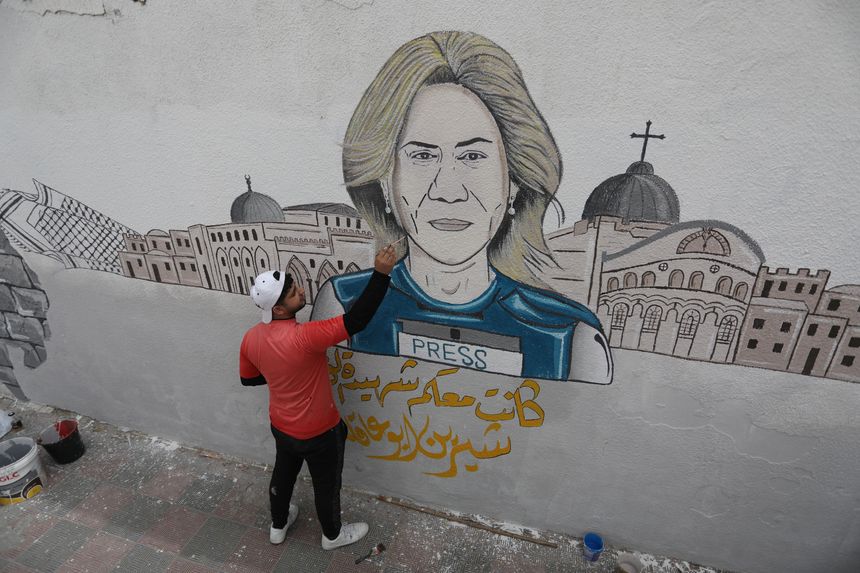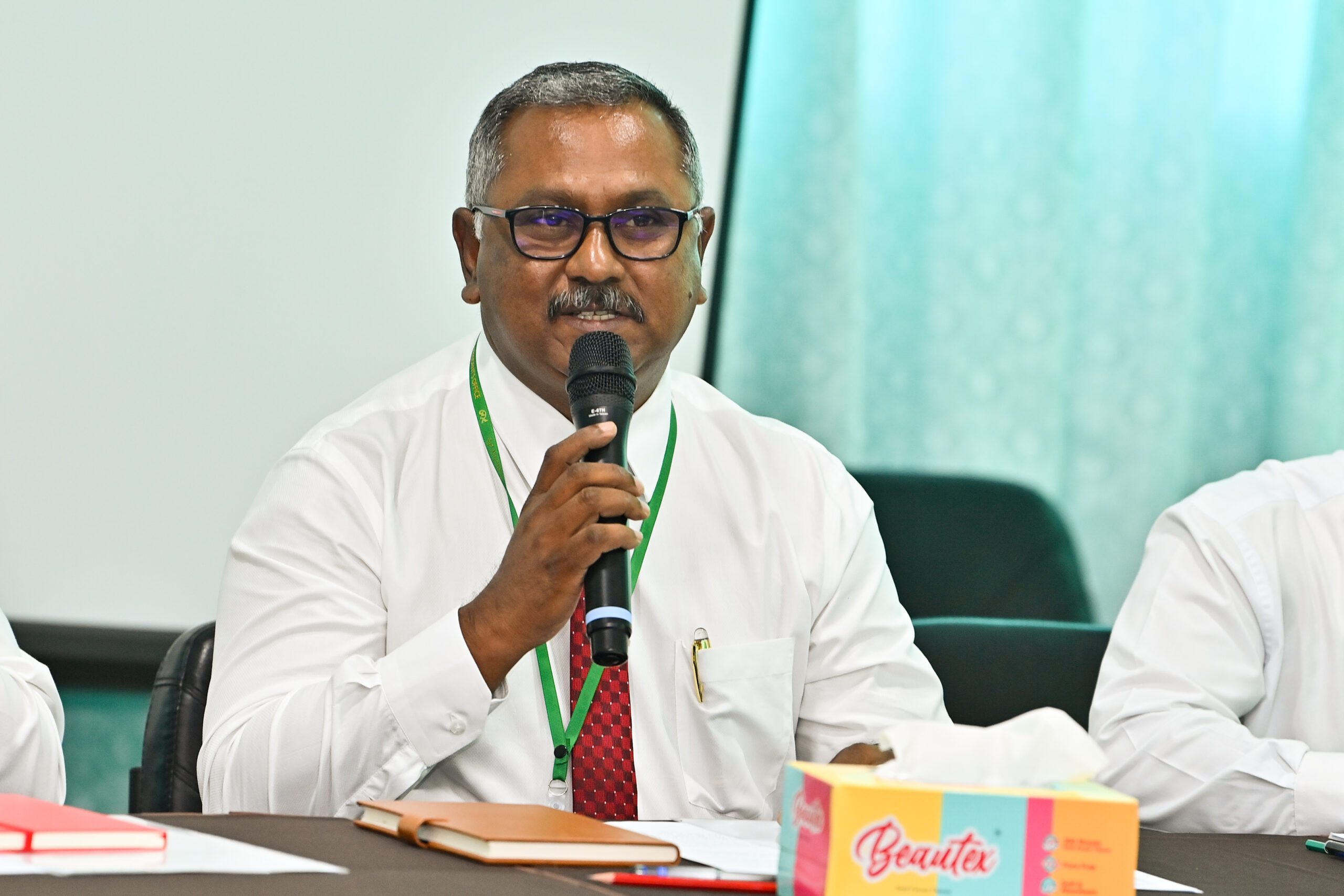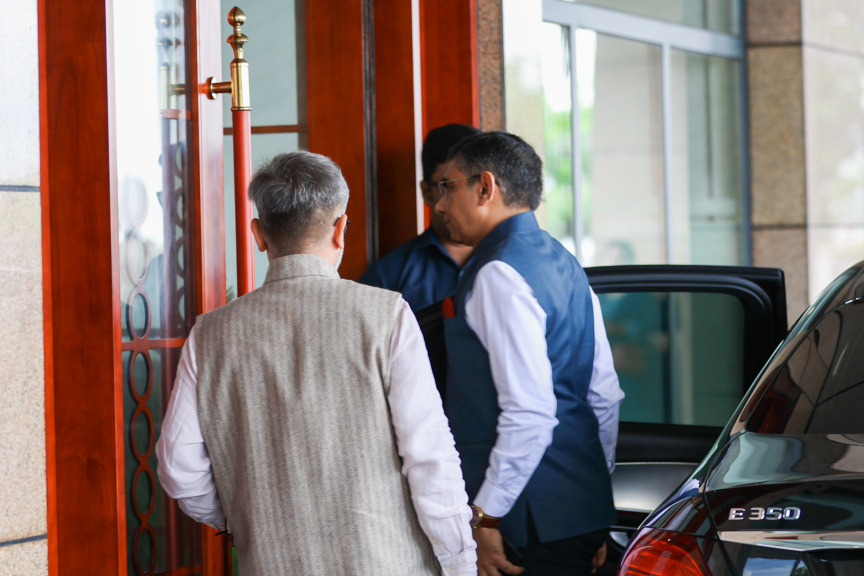A picture speaks a thousand words. The image of rescuers retrieving Palestinian journalist Shireen Abu Akleh’s motionless body – perhaps lifeless too at that point of time – from the homicide site in occupied West Bank’s Jenin does point to an alarming truth. Journalism has become the most dangerous profession in the world today, with practitioners – labelled as “soft targets” – being widely considered as fair game. From gunmen, both State authorized and proscribed, to propagators of jingoistic politics, everybody seems to have developed a penchant for targeting journalists.
Who can forget Czech President Milos Zeman brandishing a replica of an AK-47, with “for journalists” inscribed in it, in a press conference? Early last year political protestors scratched “murder the media” on the door of the US Capitol – the seat of American democracy, and six months later, in July, members of Afghanistan’s Taliban militia brutally executed on-duty Pulitzer award-winning Indian photojournalist Danish Siddiqui, holed up in a Mosque to evade heavy gunfight during an assignment. Like Shireen, Danish too was in his press vest. Ironically, this was supposed to be the century of the media, and yet we ended up having a dangerous ecosystem where news gatherers are frequently turning into news themselves.
The UN reported fifty-five journalists and media professionals casualty last year, with nearly nine in ten killings since 2006 still remaining unresolved. “Far too many journalists paid the ultimate price to bring truth to light” lamented UNESCO Director-General Audrey Azoulay. She underscored the dire need of independent, factual information in a conflict-ridden world more than ever before.
Despite the UNESCO chief’s concern over systematic targeting of journalists, for the UN and western world in general, Shireen is just another number in the list of victims who perished while contributing to freedom of expression, promotion of democracy and ushering of peace in these turbulent times. Her sacrifice will be remembered, the calculated risk she took to disseminate truth will be applauded, but her death will remain a collateral casualty – mortality from occupational hazards to be precise. Israel’s aversion to a criminal investigation into Shireen’s death lay bare the duplicity of the West, paying lip service to the call for closure. As Danish’s family learnt the hard way, while fighting a legal battle in the International Criminal Court, justice for these crusaders will not come easy. After all, we live in a world where destructive rhetoric has taken a toll on people’s ability to emotionally relate to the pains of fellow humans.
I do not know if Shireen and Danish knew each other, but both flew on the wings of honest truth-telling to try and shape the narrative and discourage society from travelling along a dead-end path to nowhere. Their zeal for capturing the underlying messages of life was unparalleled, and they excelled in it too. Shireen covered the harsh realities of occupied life with meticulous dedication. She never deviated from revealing the human cost of occupation. Countless statistics, faceless people, heart wrenching stories of separation found place in Shireen’s reporting. Helpless parents struggling to ensure children’s treatment for want of special permit, individuals prevented from attending relatives’ funeral, mothers giving birth at check point, students missing examination and scholarship, patients losing the fight for life due to travel restrictions – innumerable stories of tragedy and personal losses from the embattled Palestinian territory continues to evoke strong emotion. Shireen documented such anguish without losing objectivity – never allowing her Palestinian identity to overshadow the journalistic instinct and etiquettes, which made her a public icon. A beacon to the rookie scribes back home, her narrative remained inextricably linked to that stuffy experience of growing up in a territory which is prison-like in ambience. Shireen’s brush with death during earlier assignments remains a testimony to the dangerous working conditions of Palestinian journalists and their grit as well.
The intense urge to be the voice of the voiceless, who are deliberately silenced and remain unheard, made journalists like Shireen take risk time and again while reporting on the Gaza wars, Intifada, enforced eviction from homes, indiscriminate killings of Palestinian youths, detention without charge and continuous expansion of Jewish settlements in Palestinian territory. In her death, Shireen eventually succeeded in bringing back the focus of the world to the necessity of a quicker political settlement to the Palestine issue so that no more talents are sacrificed in such a gruesome manner.
Danish, too, used his lens to create instant visual imprints on the human brain, concerning events happening around us that shake societal conscience, and in the process ruffled too many feathers. His pandemic photographs, the controversial Citizenship Act protest images from the heart of the Indian capital or that famous snap of frenzied mob beating a Muslim man ruthlessly during the 2020 Delhi riots, which shed light on the entrenched Islamophobia in society, enraged the Hindu right wing forces in India. Danish was on the hit list of majoritarian fanatics, but escaped fatality, only to fall into Taliban’s hands eventually.
Danish, like Shireen, might have been a victim of targeted killing, but both were consumed by hate, which blurs our vision and detaches us from sanity and rational thinking. Taliban guerrillas not only pumped bullets into Danish’s chest indiscriminately but also ran him over to mutilate the body further. Incidentally, methodical demonization of journalism through name calling has heightened risk factors and led to plummeting of trust in recent times. As journalists are frequently hunted down and murdered in cold blood for disseminating awkward facts, one wonders, what is the remedy to this ailment? To bring a perceptible change in the situation and reverse this dangerous trend, there is a need for greater awareness and stronger public defence of journalism’s true value for society. That can only happen when journalists do not shy away from telling their own stories of harassment to the world aggressively. Besides, judicial activism can help prosecute attacks against journalists.
We lose dozens of Shireen and Danish regularly. Is there an effective answer to such criminal assault on an essential pillar of democracy? Can the formation of an UN mandated high-powered investigation committee, to resolve those hundreds of cold cases of journalists killed for doing their job honestly, act as a deterrent? Three more reporters were killed around the world along with Shireen in the second week of May. It is an authoritarian world that we live in where even practicing democracies rely on subtle constitutional censorship to muzzle the press. Only legal retribution can send a stern message that the work and life of a journalist is priceless. The big question is, who will bell the cat to protect independent journalism and bring closure to the families of the dead?

 News6 days ago
News6 days ago
 Sports4 days ago
Sports4 days ago
 News6 days ago
News6 days ago
 News4 days ago
News4 days ago
 News4 days ago
News4 days ago
 Sports4 days ago
Sports4 days ago
 World4 days ago
World4 days ago
 News4 days ago
News4 days ago






























